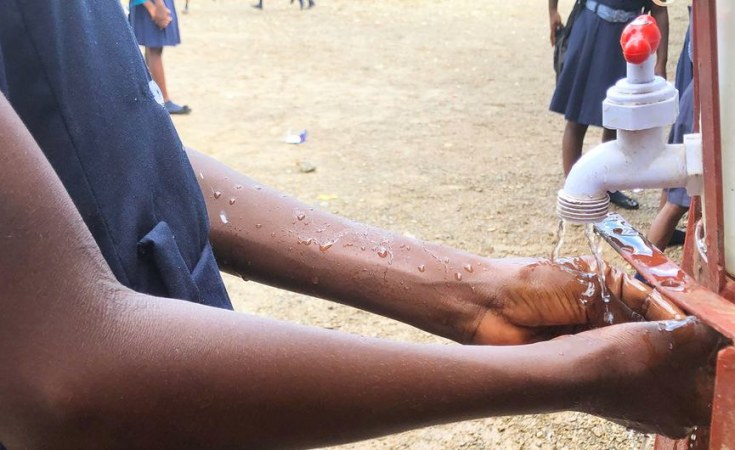Luanda — The Heads of State and Government of the Southern African Development Community (SADC) Friday recommended the implementation of a joint cholera response plan that encompasses natural disasters, climatic effects and to control and tackle the spread of the disease in member states.
According to the final communiqué of the Extraordinary Session of the Summit led by SADC chairperson João Lourenço, it recommended a jointly planning and implementing synchronized cross-border vaccination campaigns against cholera, mobilization of vaccines for affected and non-affected countries at risk, and presenting an annual report to the council.
Since January 2023, the SADC region has been plagued by a cholera outbreak, with cases recorded in five countries, namely Botswana, South Africa, Mozambique, Zambia and the Democratic Republic of Congo.
The community's member states have decided to strengthen regional collaboration in the cross-border outbreak risk assessment and public health surveillance in order to improve early detection and disease prevention.
To increase investment in the current emergency response to cholera, thus maintaining long-term investment to ensure a sustainable solution to the recurring disease crisis, to design and implement climate-resilient water, sanitation and hygiene (WASH) and disaster risk reduction programs to prevent future outbreaks of the disease.
According to the document, the SADC Heads of State and Government recommended the acceleration of local and regional production of cholera vaccines to increase and improve access to basic products, such as oral rehydration, beds for treatment of the disease to boost control of supply chain security and accelerating the transfer of technology and knowledge.
The SADC approved increased investment in Water, Sanitation and Hygiene infrastructure and strengthened tools to monitor interventions, with local governments submitting annual reports on their performance in this area.
It also expressed a heartfelt condolences and solidarity with the countries and families bereaved by the loss of human life caused by the cholera outbreak and praised the international cooperation partners, namely CDC Africa, WHO, UNICEF and WFP, for the technical and financial support they have provided in favour of the response to cholera in the region.
The Summit appointed the President of the Republic of Zambia, Mr Hakainde Hichilema as Regional Cholera Champion to lead the efforts to combat cholera in the SADC region.
On the occasion, the SADC Chairperson expressed his gratitude to all the Heads of State and Government for participating in the Extraordinary Session of the Summit and their firm commitment to ensuring the health and well-being of the peoples of the region.
SADC is an intergovernmental organization created in 1992 dedicated to cooperation and socio-economic integration in the region and cooperation in political and security matters.
The SADC region includes Angola, Botswana, Comoros, Democratic Republic of Congo, Eswatini, Lesotho, Madagascar, Malawi, Mauritius, Mozambique, Namibia, Seychelles, South Africa, Tanzania, Zambia and Zimbabwe. MCN/ADR/DAN/AMP


